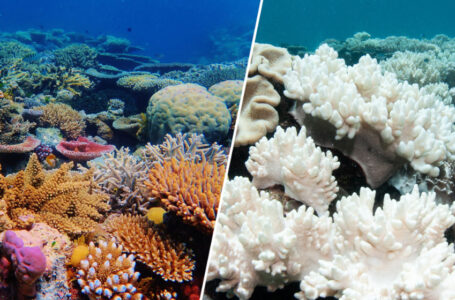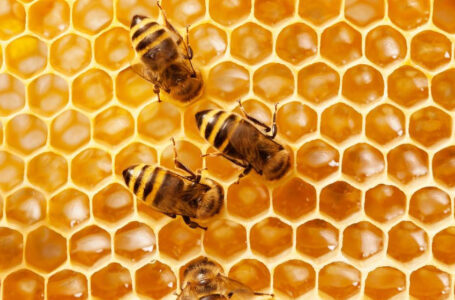Can we ever stop using plastic?
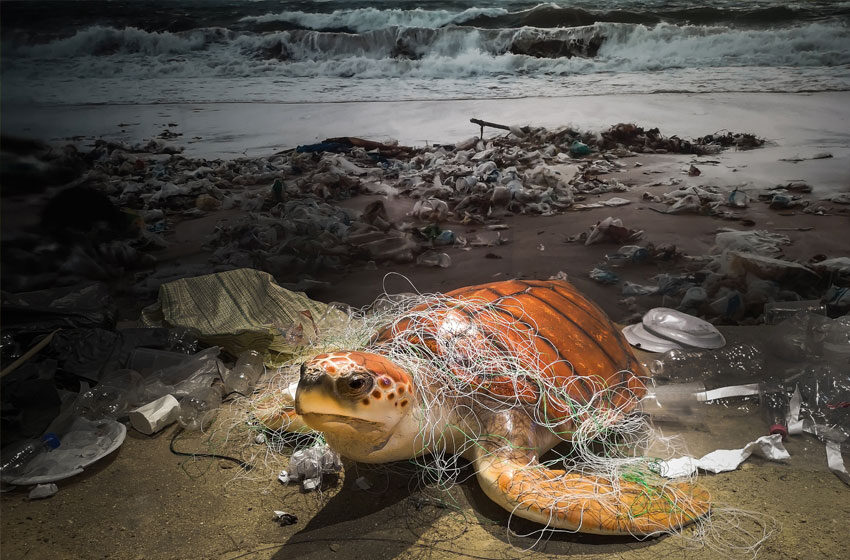
What if the countries worldwide banned plastic permanently and instead used eco-friendly products?
Plastic is an indispensable part of our lives, be it to carry our necessary commodities or for the packaging of several products. However, the problem of plastic waste is one of the alarming environmental issues that the world is facing currently, and most of it can be seen around us. Also, people think they are doing their bit to keep the planet clean by discarding the plastic in the bin and recycling, but sadly, it does not amount to anything noteworthy.
If a negligible percentage of people practice eco-friendly habits, it does not make any significant changes to decades of damage due to various anthropogenic activities. Hence, it is rarely a surprise when people find microplastics in the Antarctic sea ice, in the guts of animals living in the deepest ocean trenches and the drinking water around the world.
So, it would not be a mistake to point out that plastic has invaded every part of our existence, but what if we could remove it from the planet? Is it even possible to function properly without plastic?
Humans have used plastic-like materials such as shellac from a resin secreted by lac insects for thousands of years. But, as we know them today, plastics are a 20th-century invention; Bakelite was the first plastic made from fossil fuels in 1907. However, it was not until after the Second World War that the production of synthetic plastic for use outside the military amplified. So, plastic production gradually increased year after year; for instance, from two million tonnes in 1950 to 380 million tonnes in 2015. Also, if the trend continues at this pace, then by 2050, plastic could account for 20 per cent of oil production.
Why has plastic become a necessary commodity?
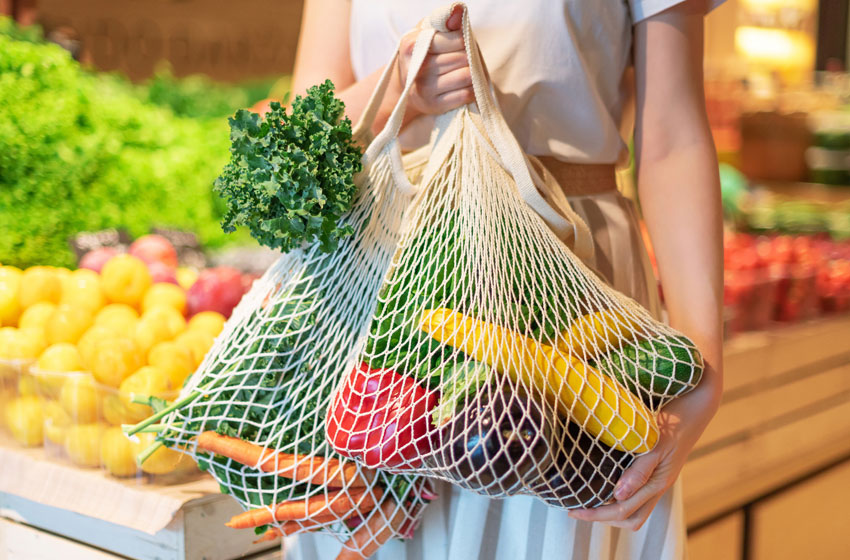
Although the packaging industry is the biggest user of virgin plastic, people and industries use it for several purposes. For example, we use it in our buildings, houses, transport, and other crucial infrastructures; everyday objects like furniture, appliances, phones, carpet, appliances, clothes, etc., are made with plastic.
Sharon George, senior lecturer in environmental sustainability and green technology at Keele University in the UK, points out the difficulties that the medical system would face without plastic. Besides, she said it would be challenging to run hospitals, clinics and dialysis units without plastic; gloves, tubing, syringes, blood bags, sample tubes, etc., are made with plastic.
In 1996 doctors discovered a variant of Creutzfeldt–Jakob disease (vCJD)- caused by misfolded proteins called prions that can survive normal hospital sterilisation processes. Hence, since then, standard reusable surgical instruments have been replaced by single-use variations for specific operations. Meanwhile, a recent study indicated that a single tonsillectomy operation results in more than 100 separate pieces of plastic waste.
Surgeons and medical experts have pointed out that hospitals overuse single-use plastic products, but many plastic medical items are necessary. On the other hand, some everyday plastic items are crucial for protecting our health; for instance, the World Health Organisation’s list of essential medicines includes condoms, diaphragms, and face masks. Also, it mentions the plastic-based surgical masks, respirators, and reusable cloth masks, all of which were instrumental in slowing the spread of the Covid-19 virus.
Eleni Iacovidou, a lecturer in environmental management at Brunel University London, highlighted another important aspect of plastic use. She said that companies use plastic packaging to protect food from damage during transit and for longer shelf life and marketing. Hence, to reduce the use of plastic, consumers and the supermarket supply chain need to make considerable changes.
For example, consumers need to change their habits by picking fresh produce, whereas supermarket supply chains require a far more elaborate overhauling. Consequently, highly perishable goods with long journeys between farms and supermarkets, such as asparagus, green beans, and berries, might be left unpicked in fields. Nevertheless, if we could somehow solve the supply chain issues, fruits and vegetables could be sold loose, but people would need to buy more frequently.
Furthermore, a UK waste reduction charity, WRAP, found that plastic packaging extended the shelf life of broccoli by a week when kept in the fridge and bananas by 1.8 days at room temperature – though, for apples, cucumber, and potatoes, the plastic made no difference. The research found that people can reduce food waste by selling fruit and vegetable lose, as it allows people to buy what they need.
Can we replace plastic completely?
Substituting plastic for some other products is possible in some cases; we use brown paper bags to carry vegetables and other items from the store. But it is not feasible in other cases. For example, glass has some advantages over plastic, such as being endlessly recyclable, but a one-litre glass bottle can weigh as much as 800g compared to a 40g plastic one. Also, This results in glass bottles having a higher overall environmental impact than plastic containers for milk, fruit juice, and fizzy drinks, for example. Moreover, when producers or manufacturers transport those heavier bottles and jars over long distances, carbon emissions grow even more.
So, even if we buy bottled milk, we also have to consider the plastic tubing used in the dairy industry to procure the milk from cows to the bottles. Also, sheets of plastic mulch help farmers grow vegetables efficiently by saving water and removing weeds. Therefore, industrial agriculture would be difficult to operate effectively without plastic.
Living without plastic would also require a shift in how we dress. In 2018, 62% of the textile fibres produced worldwide were synthetic, made from petrochemicals. While cotton and other natural fibres like hemp would be suitable substitutes for some of our clothing, scaling up production to match current demand would come with a cost. Cotton already grows on 2.5% of arable land worldwide, but the crop accounts for 16% of insecticide use, risking the health of farmers and contaminating water supplies. Without plastic, we’d need to ditch fast fashion in favour of more durable items we can wear repeatedly.
To find an appropriate substitute, manufacturers have been making bio-based plastics. For example, they use cornstarch-based polylactic acid(PLA) to make straws similar to their plastic counterparts- unlike paper straw, which becomes soggy when we finish our drinks. Some, but not all, bio-based plastics are biodegradable or compostable. But most plastics still need careful processing, often in industrial composting facilities, to ensure they don’t persist in the environment.
How to tackle the plastic waste problem?
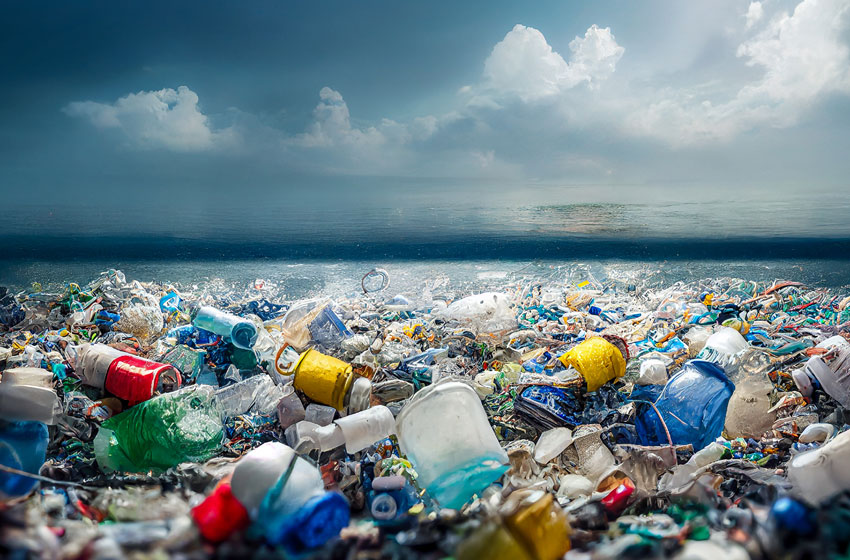
We need to re-evaluate our throwaway habits, and we need to change the way we consume and produce daily items. Moreover, we need to end our dependence on plastic; also, it would take our collective effort to make a considerable impact. At the same time, we need to assess the damage that has already been done and take the necessary step to reduce its effects.
For example, Ocean Cleanup is a non-profit environmental organisation that has been extracting plastic waste from rivers before it can reach the ocean. On the other hand, researchers pointed out that plastics floating in the ocean eventually reach the shoreline. Then, the shoreline plastics could be removed using trash traps and old-fashioned beach cleaning techniques.




